Most items are now digitized, which makes them more valuable than ever in the current climate. It is because it guarantees convenience as well as safety, which is what is required right now. Now, in the times we currently live in, no one would be willing to stand in lengthy lines and raise their chance of contracting a virus. Instead, they would be willing to reserve their bus tickets. The significance of mobile apps for online bus ticket booking follows from this.
There were not many well-known bus ticket booking apps in the US before the outbreak. But now that its importance has increased significantly, numerous new enterprises are trying their luck in this industry, and they all need an online platform. In this article, we will learn about the prime features of bus ticket booking app development.
What is a Bus Ticket Booking App?
A bus booking software solution is a computerized technology enabling users to buy bus tickets online. They can also use secure payment methods to plan their itinerary, check the availability of seats, and make payments online. If users encounter any issues while using the software, they may promptly have them fixed.
Bus ticketing apps have made bus travel considerably more convenient and comfortable. These apps save all user information, bus information, reservation information, and so forth. Passengers may simply check the bus type, reviews, departure time, amenities supplied by the bus, and much more while making reservations using these applications.
Bus ticket booking app statistics and market growth in the US
The market for online bus tickets is expected to grow at a CAGR of 14.9% from 2022 to 2030. Why?
Online bus ticketing provides a centralized network for real-time bus ticket booking, viewing, and cancellation. It provides an improved alternative to traditional travel booking choices, including calling local travel agencies or purchasing tickets in person. The web app development in New Jersey, USA, uses reservation technology to assist clients in passively accepting bookings and making payments online. The development of reservation software to control every facet of the bus and tourism industries, from marketing to distribution, is a critical factor in market expansion.
Features and Functionalities of a Bus Booking App
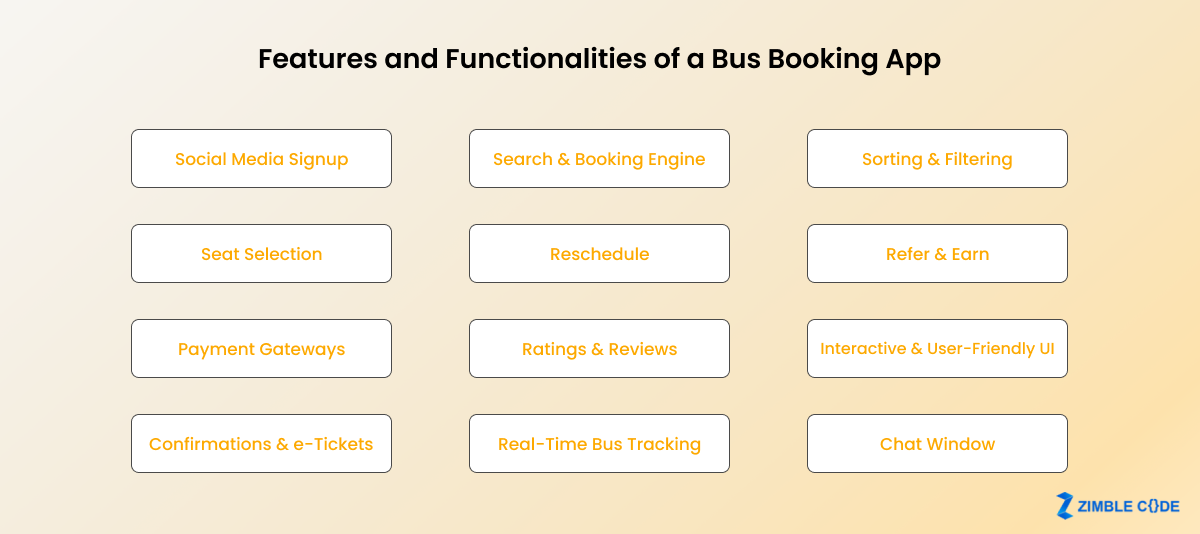
- Social Media Signup:
Nowadays, the quickest way for a user to connect to an app is through their social network account. Thus, every app you create must support social media sign-up and login. Better user experiences brought about by social media integrations immediately increase sales and reservations.
- Search & Booking Engine:
Bus booking apps must feature a quick and simple search and booking engine that enables users to enter their pick-up city, drop-off city, and departure date and receive results for available buses.
- Sorting & Filtering:
With the aid of sorting and filtering, customers may quickly and conveniently book projects. Your bus booking app must offer various filter options, including time, bus type, boarding and dropping-off locations, bus operators, facilities, and more.
- Seat Selection:
The primary purpose of the app is to notify users of available seats. The app should retrieve real-time seat availability. Each seat must have a label or a color-coded indicator indicating if it is available for users to select their own seats.
- Reschedule:
The app must offer its customers the freedom to change a bus schedule. It requests the user’s booking ID and email ID, and the back-end manually processes this request. If the request is approved based on specific criteria, the user can modify their reservation.
- Refer & Earn:
A feature enabling users to make money by recommending the app to their contacts is always a fantastic idea. Who wouldn’t want to travel for a living? From a marketing and customer retention standpoint, this feature is crucial.
- Payment Gateways:
Having extra payment options during the booking process is an advantage for users. Users should have a variety of payment alternatives to select from, including GooglePay, debit/credit cards, wallets, net banking, etc.
- Ratings & Reviews:
Ratings & Reviews offer additional, reliable information on the bus’s surroundings, amenities, and personnel. Before making a purchase or booking, users frequently read reviews from other customers. This functionality lets Users and product owners learn more about their bus operators.
- Interactive & User-Friendly UI:
It is necessary for booking apps to have a user-friendly interface, particularly for seat selection, results listing, and boarding & pickup location screens. This will clearly display the information to users so they are not misunderstood or miss any crucial information.
- Confirmations & e-Tickets:
Booking software must interact with SMS providers and offer an automatic email option to guarantee a smooth booking experience. With the help of this capability, consumers may get e-tickets and booking confirmation messages for their reservations.
- Real-Time Bus Tracking:
The use of GPS technology enables users to follow the real-time location of buses. Thus, the users can gauge the arrival time and always be aware of the bus’s precise location. Real-time tracking also reduces the number of times buses deviate from their routes, improving punctuality.
- Chat Window:
A chat window enables consumers to speak with bus operators directly in case of emergencies or questions. You can significantly improve the customer experience by offering quick and informed support using an AI-driven chatbot.
Conclusion
According to the available data, there are plenty of chances to build a bus ticket booking app, allowing you to gain a sizable market share. However, it is essential to enlist the help of seasoned app developers to ensure the success of your business. For clients all across the world, Zimble Code has successfully developed a large number of mobile apps. So, don’t waste any more time, and get in touch with us if you’re thinking of launching a bus or rail ticket-buying app with the help of a top mobile app development company in New Jersey.
Frequently Asked Questions (FAQs)
Q1. How does a bus booking app operate?
A bus booking app is a mobile application that operates through a centralized network management system with numerous functionalities seamlessly integrated within a single application.
Q2. What is the estimated cost of developing a bus booking app?
On average, the development cost of a bus ticket booking app typically ranges around $30,000 for a basic-featured application. However, for an app with advanced features and compatibility across both Android and iOS platforms, the cost would generally amount to approximately $45,000.
Q3. What are the Monetization Opportunities for Bus-Ticket Booking App?
The three methods for generating revenue from a bus ticket booking app are Commissions, Featured Listing, and Ad Selling.

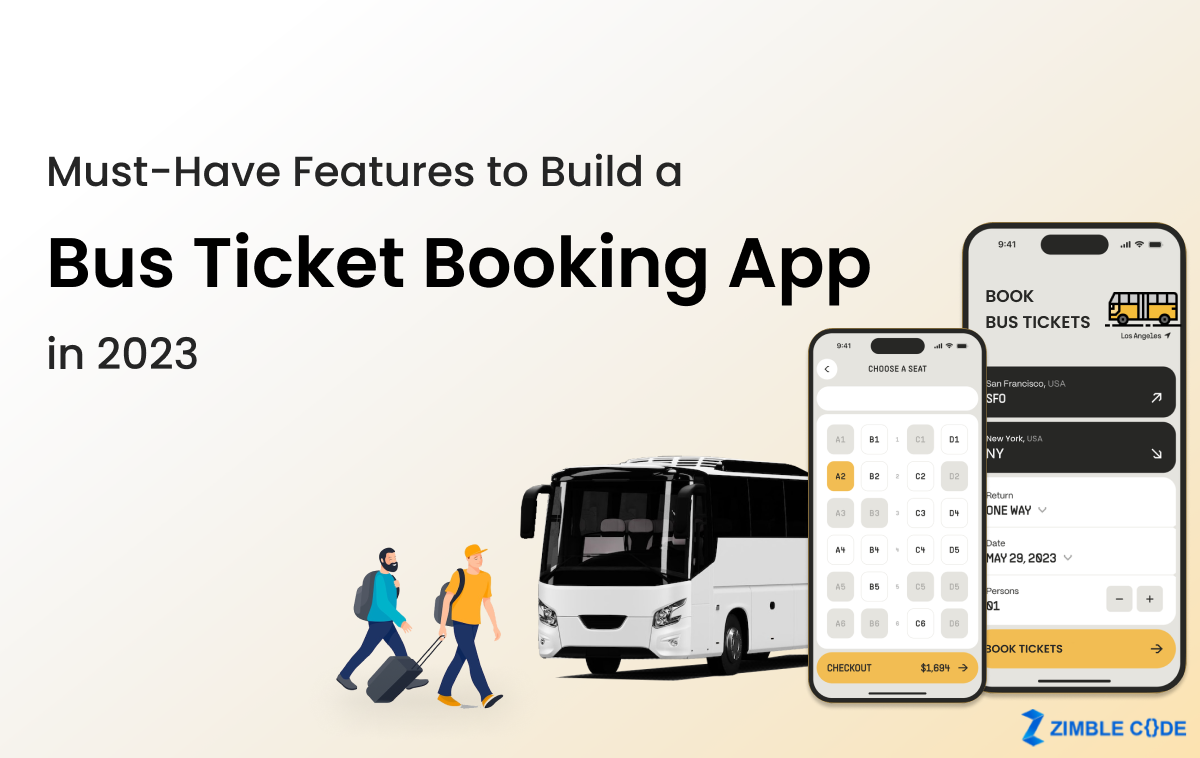
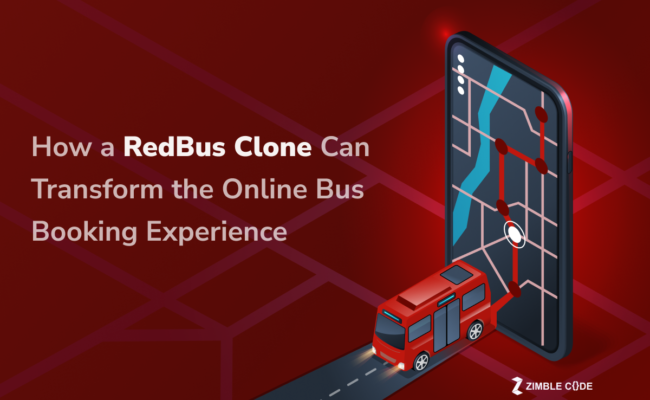
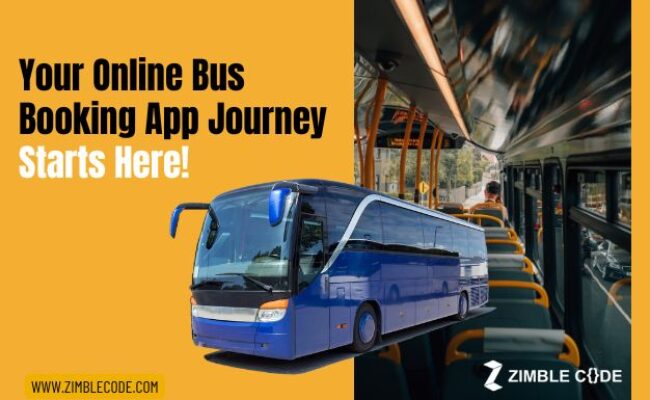
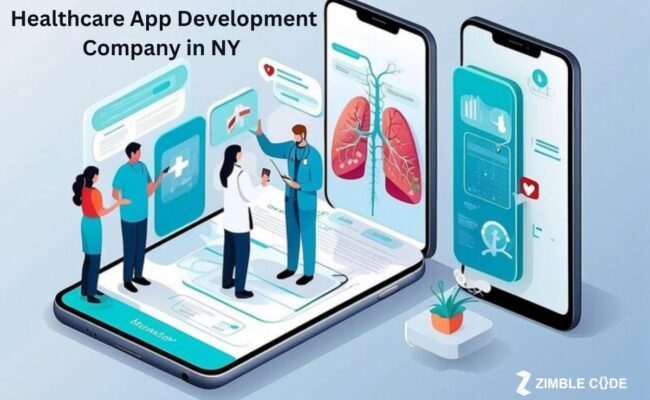

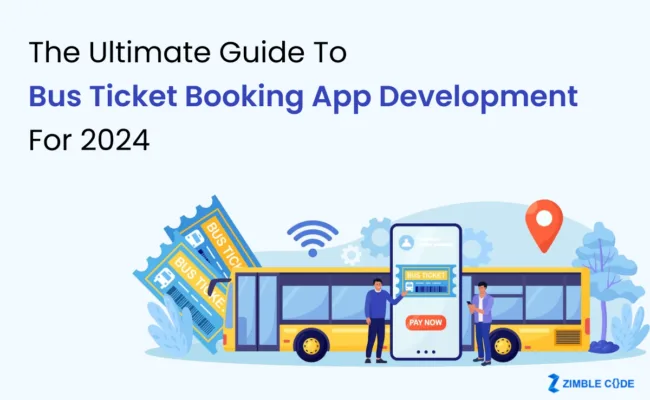

Leave A Comment